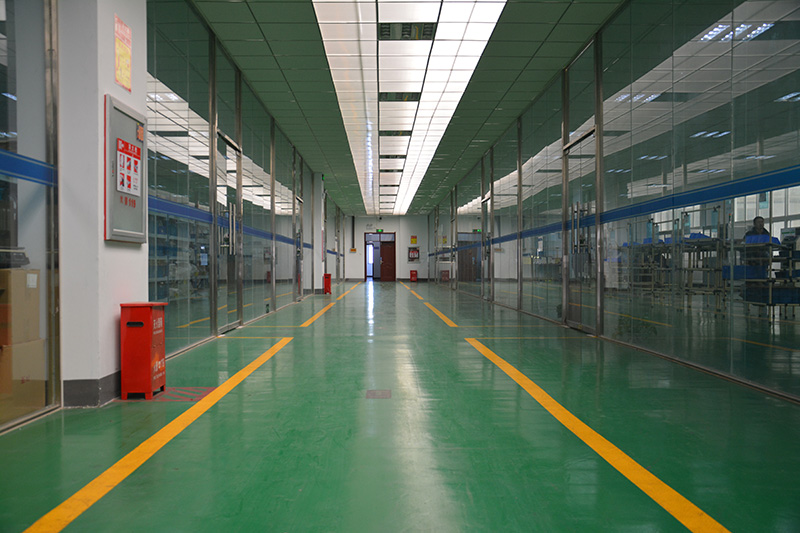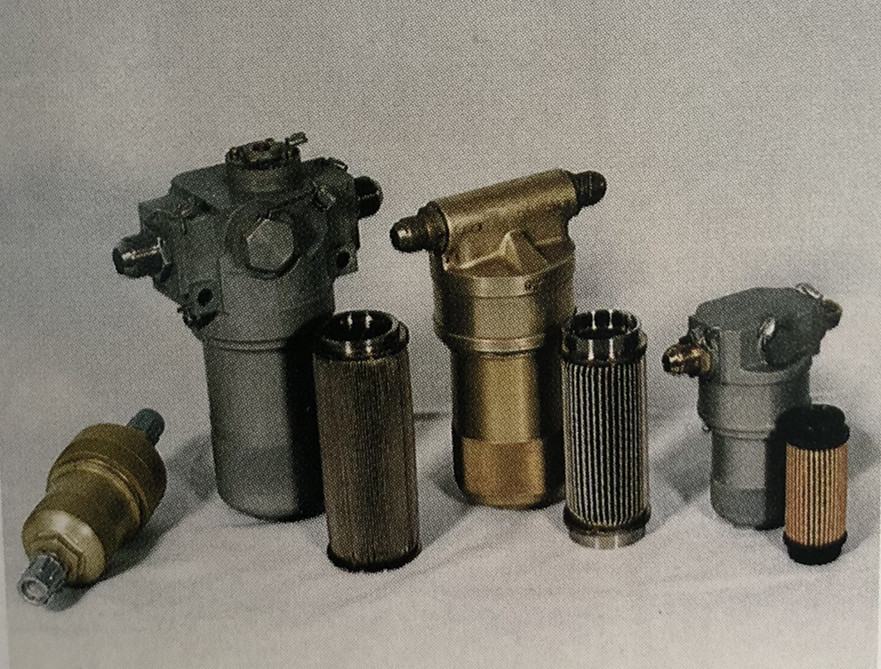Petroleum resources should give priority to ensuring the development of chemical industry
We are the professional manufacturer of
Aircraft Filter with 19 year experience major involved in aircraft hydraulic
oil filter and aircraft hydraulic fuel filter. These filters are used available
in large-scale ground equipments and simulation test devices. The filtration
material are selected from military stainless special mesh and stainless
sintered net. Filtration precision is available from 3 um to 40 um. The working
medium include the aviation kerosene and the aviation
hydraulic oil.
Aircraft Filter Aircraft Oil Filter, Aircraft Fuel Filter, Aircraft Hydraulic Filter XINXIANG PINGYUAN AVIATION HYDRAULIC EQUIPMENTS CO.,LTD , https://www.coupling.pl
From the perspective of the development trend of the world petrochemical industry, large-scale and intensive operations have become increasingly evident. In particular, the integrated development of oil refining and chemical industry is conducive to raising the level of comprehensive utilization of resources, energy, and public facilities, reducing construction investment and operating costs, and strengthening enterprises. Market competitiveness and resistance to risk. At the same time, in the post-transition period when China joined the World Trade Organization, the petrochemical industry is increasingly facing the development of domestic market internationalization and international market domestication. In order to enhance the international competitiveness of the industry, China's petrochemical industry must adapt to the international competition situation as soon as possible and accelerate the formation of a number of integrated production bases for oil refining and chemical industry. Recently, the two special plans for oil refining and ethylene that have been approved by the country have explicitly proposed to stick to the development path of integrated oil refining and chemical industry so as to achieve economies of scale, improve industrial concentration and comprehensive utilization of resources. Therefore, the future trend of China's oil refining and chemical integration will become more and more clear.
Yangzi Petrochemical and Shanghai Petrochemical are the domestic production bases for the integration of refineries and chemicals. Among them, Yangzi Petrochemical has 8 million tons of oil refining, 650,000 tons of ethylene, 800,000 tons of paraxylene production capacity, coupled with the joint venture of 600,000 tons of ethylene, has become one of the domestic million tons of vinyl. Shanghai Petrochemical has formed 8.8 million tons of oil refining, 850,000 tons of ethylene, 230,000 tons of paraxylene production capacity, together with Shanghai SECCO 900,000 tons of ethylene, has also become one of the domestic million tons of vinyl. In the future, both companies will transform and expand their oil refining capacity to reach a scale of 10 million tons of crude oil processing. Zhenhai Refining has an annual crude oil processing capacity of 20 million tons. During the “Eleventh Five-Year Plan†period, the company will build 1 million tons of ethylene project. Fushun Petrochemical now has a processing capacity of 10 million tons of crude oil, and has an annual output of 160,000 tons of ethylene, 320,000 tons of paraffin, and 240,000 tons of alkylbenzene production capacity. The company plans to increase its annual production capacity during the “11th Five-Year Plan†period. Ten thousand tons of ethylene capacity. Xinjiang Dushanzi Petrochemical, Fujian Refinery, Tianjin Petrochemical, etc. will also become 10 million tons of oil refining and millions of tons of vinyl floor. China Petroleum Sichuan's 800,000-ton ethylene project was approved by the state in December 2005. Construction will begin in 2006 and it is expected to be completed by the end of 2008.
Refining and ethylene are resources, energy, technology, and capital-intensive industries. They not only have high requirements for environmental protection and safety, but also require stable guarantee of resources. For a long time, China’s oil resources have been mainly used as energy resources, focusing on the protection of transportation oil, which has led to the development of the oil refining industry. Based on priority to ensure the production of refined oil, the proportion of chemical oil is relatively small. In 2004, China’s chemical light oil consumption accounted for only about 8% of total oil consumption and 9% of crude oil processing volume. However, with the development of domestic economic development and upgrading of structural requirements, the demand for ethylene and para-xylene will increase rapidly in the future, and the demand for chemical light oil will also accelerate, and the contradiction between supply and demand will intensify. It is predicted that in 2010 and 2020 China’s ethylene demand will reach 24 million tons and 40 million tons respectively, and the demand for chemical fiber raw materials will reach 9 million tons and 14 million tons respectively.
The development of ethylene and chemical fiber raw materials industry requires a large amount of chemical light oil (naphtha, etc.), and the sources of these chemical light oils need to be supported by the refining industry. Therefore, in the future, the development of China's oil refining industry should be closely integrated with the development of ethylene and fiber raw material industries. In particular, the 10 million-tonne crude oil processing base should be associated with a million-ton-grade vinyl and million-ton chemical fiber raw material base (including PTA, The overall development of ethylene glycol) is taken into consideration, and efforts are made to integrate refining and chemical industries to increase the overall competitiveness of the petrochemical industry.
In view of the future, China’s demand for chemical light oil will grow at a faster rate than refined oil, and the chemical industry will have a long industrial chain and high added value, which will lead to significant use of relevant industries. In the future, China should increase its energy structure adjustments and step up oil substitution and fuel implementation. Diversification strategy will give priority to ensuring the development of the chemical industry with limited oil resources.


